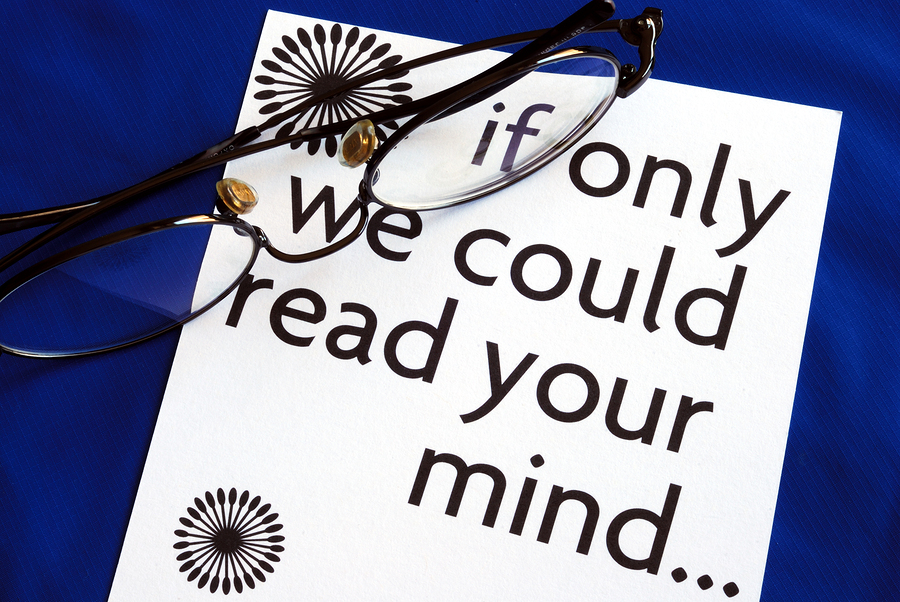After many years in another industry, a corporate CEO left to lead a large publishing company. After a month or so on the job, he grew unsettled at how different publishing was from the consumer product industry he was familiar with, especially the highly “intuitive” approach publishing utilized to make decisions.
He recounted a key moment in his first month when he asked a long-time employee if he was missing something.
“So, as far as I can tell, we publish hundreds and thousands of new products for the consumer every year without doing any real market research, relying entirely on our own intuition and opinions. We make a best guess as to how many we need to print and then we ship as many as we can to retailers. If consumers don’t buy them, the retailers send them back to us.”
The long time publishing employee said, “Yes, you’ve got it.”
I’ve addressed this topic in general in a related post on how publishers make decisions. A link is provided to that post below. Spoiler alert – publishing decisions are not as logical or scientific a process as one might think.
A few weeks ago, I mentioned that everyone was a theologian. Today, I want to add another item to our job description…researcher. We are all researchers. And most of us are really, really terrible at it.
Because everyone views the world through the lens of their own life experience, we all make many decisions or write things based only on our personal perspective.
Why is that so bad?
Because we all live with blinders on and naturally see the world only through our own subjective lenses. So how cloudy and limiting are those lenses?
Once, a person told me they disagreed with research showing the average American household having 1.7 children because they had three children and they were a typical family. And all their friends had three or more children. So the research was flawed.
Still another told me that they didn’t believe NASCAR racing was a popular sport in the U.S. because they didn’t know one person who had ever gone to a race.
Another person told me that the reason most people fall behind paying their bills is that they don’t keep enough money in their checking accounts.
(Cricket sounds)
We all use personal experience as our primary guide in life and decision-making. But we can dig a great big hole to fall in if that is our only guide.
At some point, everyone must make a decision that is not connected to anything we know or experience from our limited personal lives.
In publishing, a middle-aged male is making a decision about a book for teenage girls. If you think you can use your experience from 20 years ago with your daughter you are a victim of bad research.
If you are a millennial, single female making a decision about a book for men in midlife crisis, it might be a good idea to think beyond yourself or else fall victim to the same curse.
Writers expressing opinions about something from their perspective and limited experience can lead their work down a path where at best it is small and flat or worse, dangerously wrong.
I’ve been in meetings where a book was judged deficient because, “My son would never read this.”
“I don’t like the color orange.”
“I would never read that. We shouldn’t publish it.”
Bad research is all around us, but it is quicker than actually taking the time to understand an issue, so speed is the allure. And it is just less stressful than learning something new to challenge a comfortable position.
So, if you agree that it is probably best to make decisions using a bit more than our personal perspective and bias, here are a few suggestions:
- Recognize you have a problem. (“My name is Dan, I make decisions and write things based on my personal biases.”)
- Catch yourself every time you are about to express an opinion based only on your own perspective.
- Don’t express your opinion until you consider wider information derived from more than what you or your first grader would like.
- Make one decision or express one thought based entirely on information outside of your experience or something you recently learned.
- Wash, rinse, repeat.
Eventually you will develop a new habit, and find it quite satisfying when you view the world through the eyes of another.
To conclude, something that pulls this together in some weird way.
Wilson Mizner, an American playwright in the early 20th century said, “If you steal from one author it’s plagiarism; if you steal from many it’s research.”
Click here for my 2014 post on how publishers make decisions.











